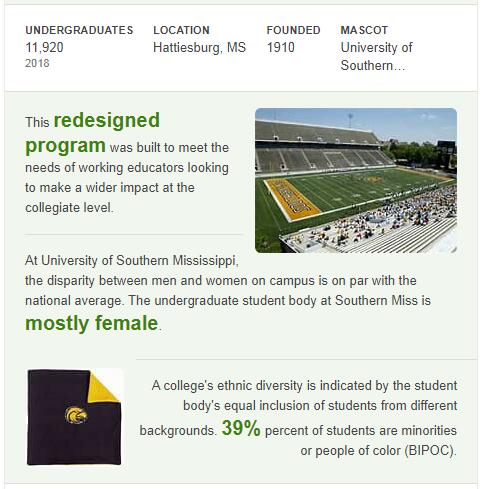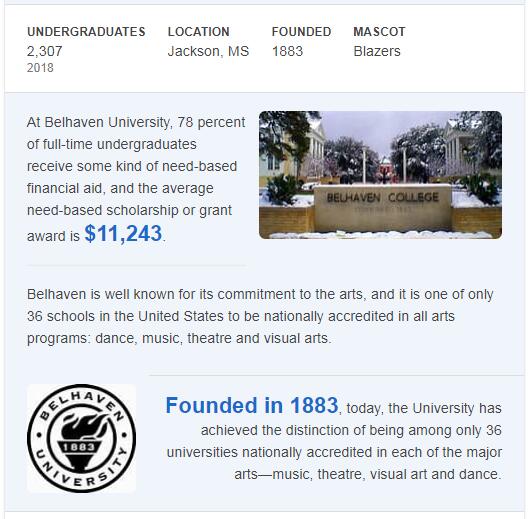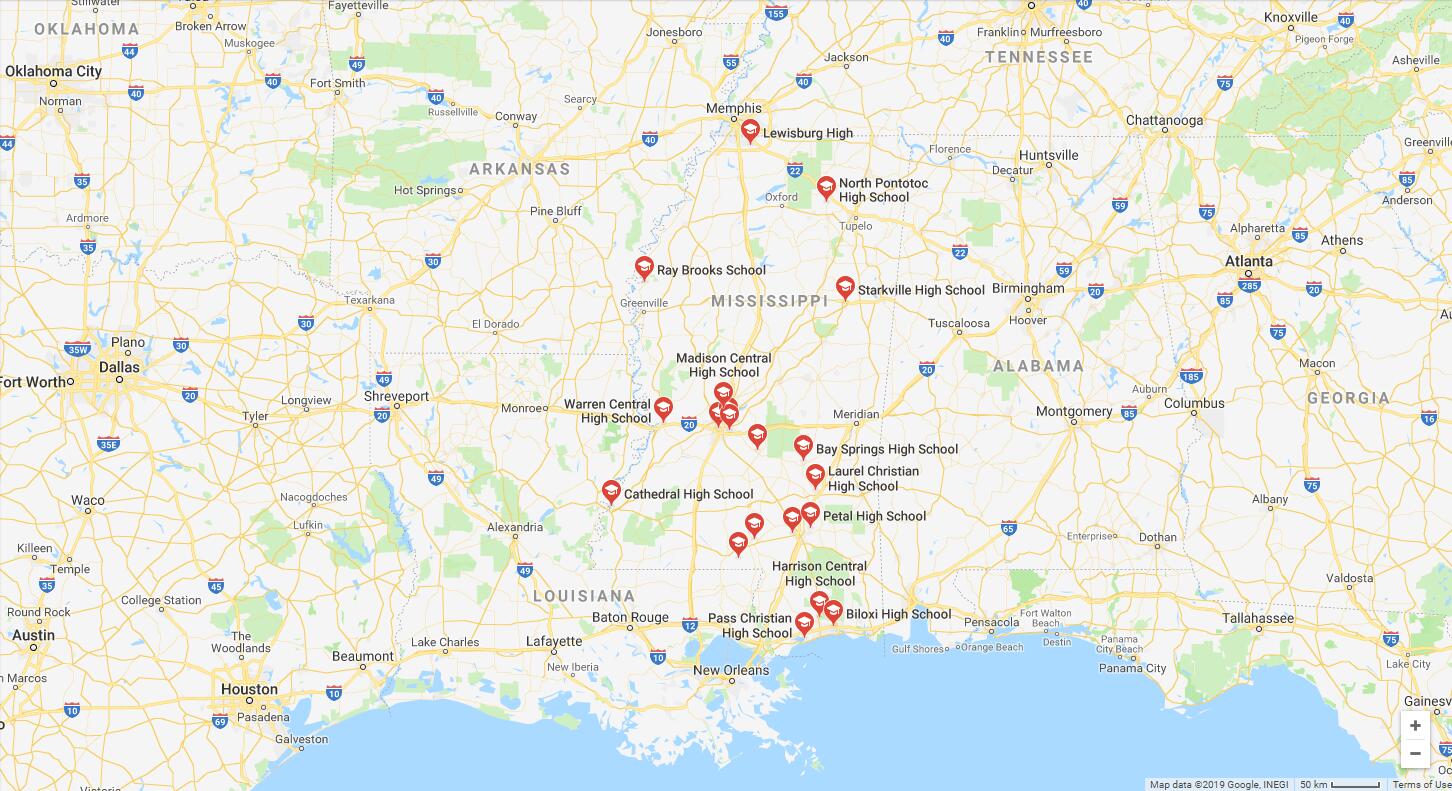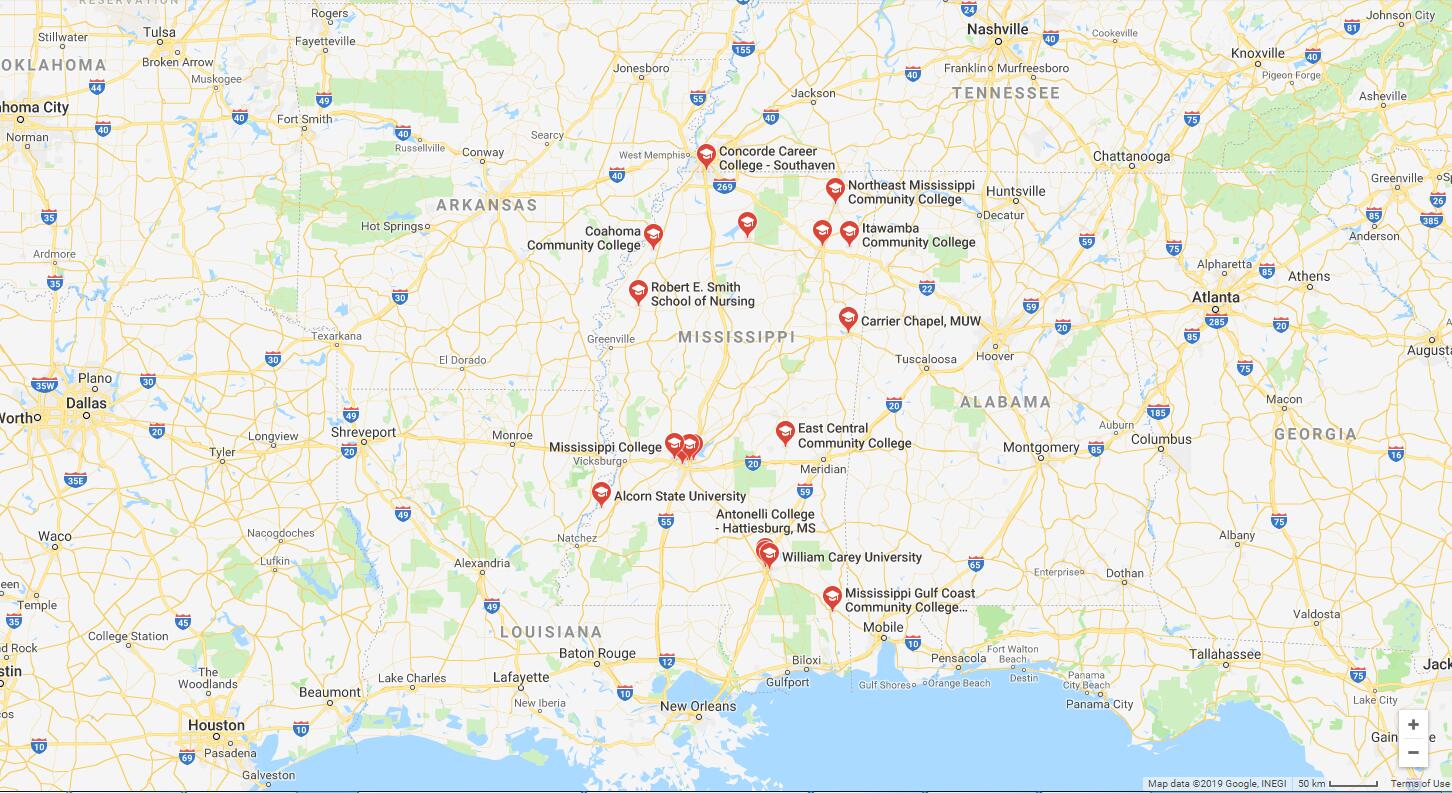Mississippi is a state in the southern United States, the 20th state in a row that became part of the union state. The capital and largest city is Jackson. The official nickname is the Magnolia State, the unofficial nickname is the Hospitality State.
STATE NAME
Mississippi received its name from the greatest river of North America flowing through its territory, the fourth longest and tenth most water-flowing river in the world – the Mississippi.
In turn, the Mississippi River, on the banks of which many Indian tribes lived, got its name from the Ojibwe word misi-ziibi, which means “big river”.
GEOGRAPHY
The state of Mississippi is located in the South of the United States and belongs to the southeastern central states. The territory of the state of Mississippi is 125,443 km2 (32nd place among US states).
The Mississippi is bordered by the states of Louisiana to the southwest, Arkansas to the northwest, Tennessee to the north, and Alabama to the east. In the south, the Mississippi coast is washed by the waters of the Gulf of Mexico.
Mississippi is part of the US Central Time Zone.
The state is completely located within the Atlantic lowlands, the average height of the Mississippi relief is only 91 meters.
On the territory of the state of Mississippi, four main physiographic regions are distinguished: the coast of the Gulf of Mexico, the Pine Belt, the Mississippi Delta (Valley) and the Hills.
CLIMATE
Mississippi has a humid subtropical climate with long, hot summers and short, warm winters. In summer, the temperature is almost the same throughout the state, and in winter it is noticeably warmer on the coast. In winter, light snowfalls are not uncommon in the central and northern districts, although in general more precipitation falls in the south.
In the coastal city of Gulfport, the average temperature in January is between 5°C and 18°C, and in July between 23°C and 33°C. In the state capital (and largest city), Jackson, the coldest month typically ranges from 2°C to 13°C, while the hottest month ranges from 22°C to 33°C. In the northeast Mississippi city of Tupelo, the average winter temperature ranges from -1°C to 10°C, and in summer – from 21°C to 33°C.
ECONOMY
According to the US Bureau of Economic Analysis, in 2003 Mississippi’s GDP was $72 billion, or $23,466 per capita. As of 2006, the state’s GDP was $84 billion, per capita income in the same year was $26,908 (the lowest in the country). Prior to the Civil War, Mississippi’s economy was traditionally based on cotton farming. Mainly because of this cotton-dependent plantation economy, the state’s infrastructure developed extremely slowly. Most of the state away from the Mississippi River valley was completely undeveloped territory. Industrialization in many areas of Mississippi came only with the beginning of the 20th century. Today, the state is ranked as one of the poorest in the country. As of January 2010, the unemployment rate was 10.9%.
TOURISM
Tourists are attracted to the Magnolia State by its mild climate, sandy beaches, nature reserves, and numerous historic attractions, including the Natchez Trail that connected Nashville, Tennessee to southwest Mississippi, the Vicksburg Civil War memorial complex, the Presley family home in Tupelo, in which the childhood years of the “King of Rock and Roll” etc.
Gambling lovers are also interested in the Mississippi state casinos, concentrated on the coast of the Gulf of Mexico (in the Biloxi region) and in the far northwest (in Tunica). Interestingly, prior to the very devastating Hurricane Katrina, Mississippi was second in the United States (after Nevada and ahead of New Jersey) in gambling revenue.
























